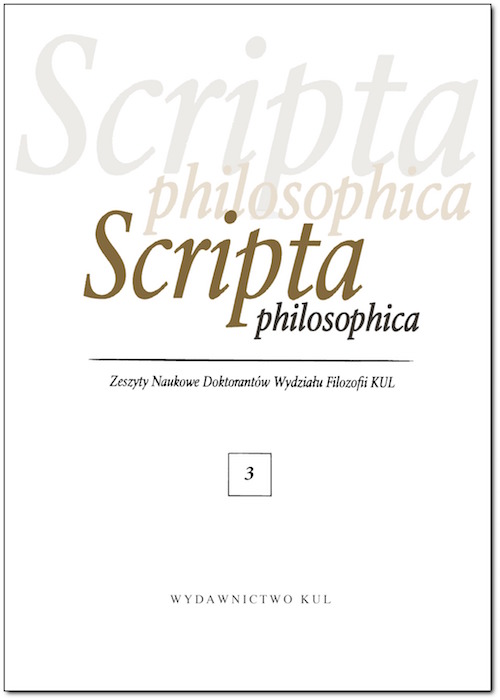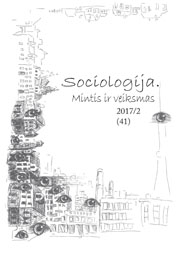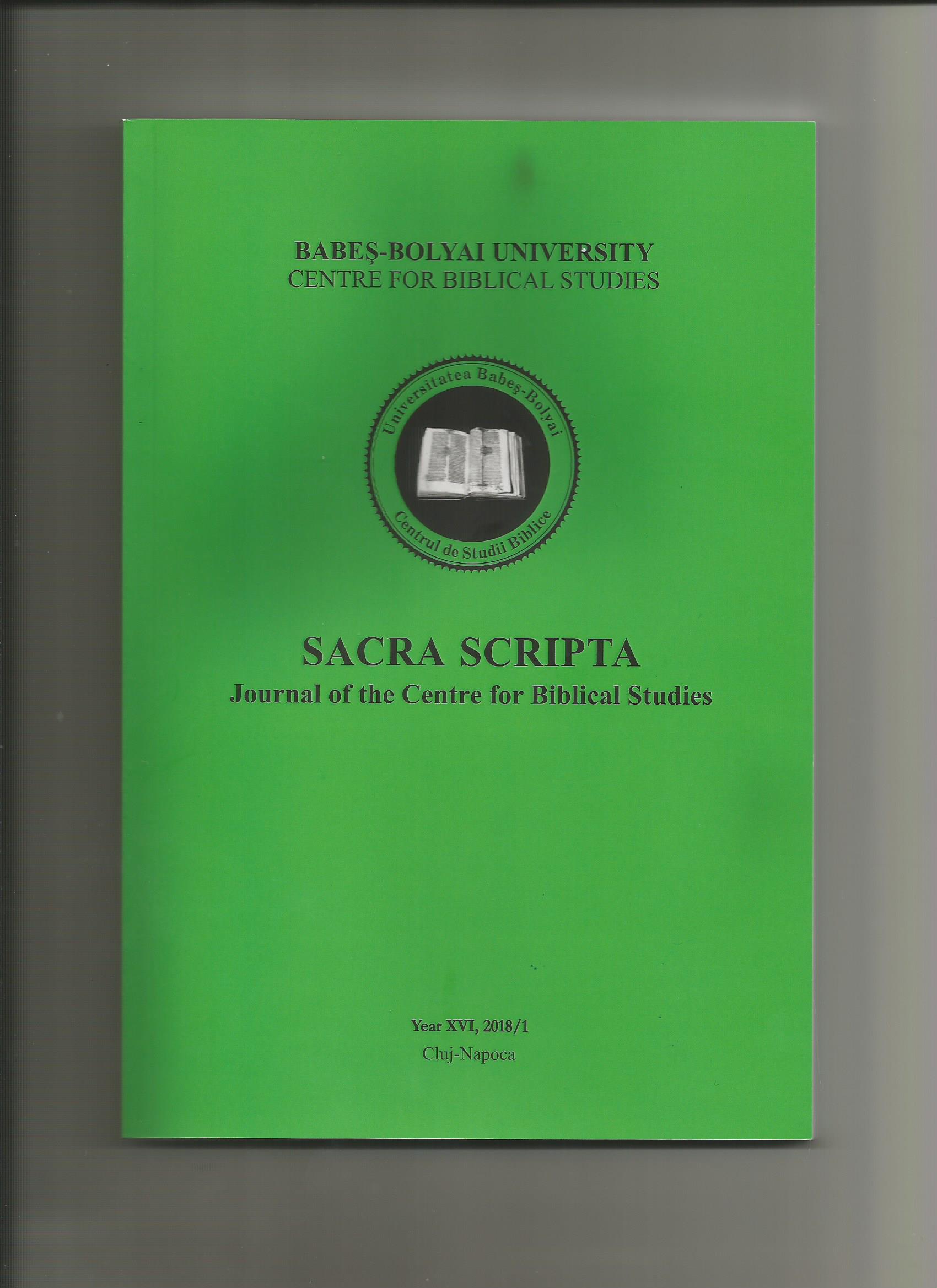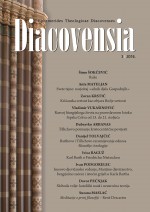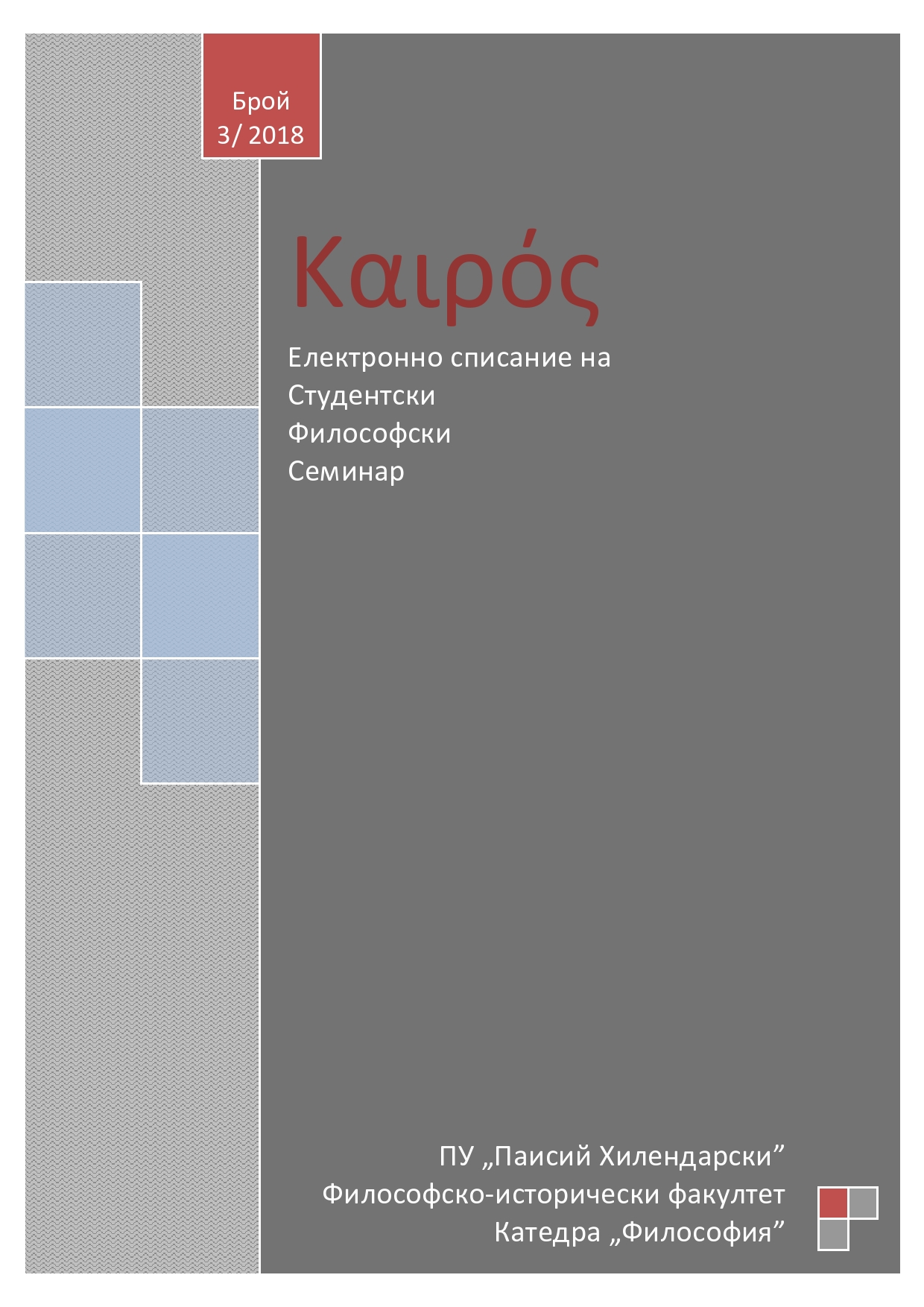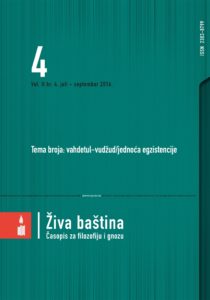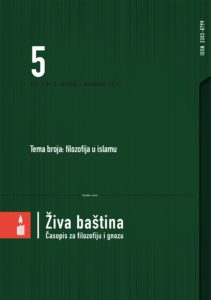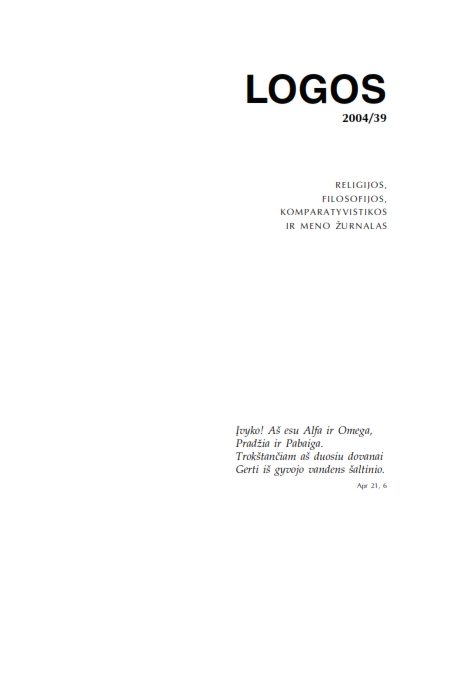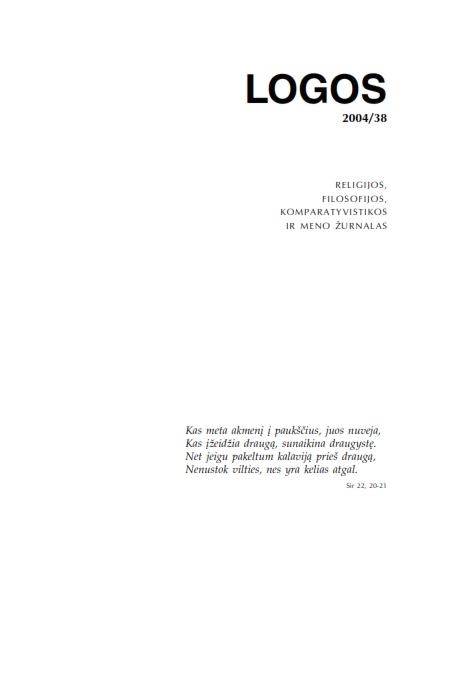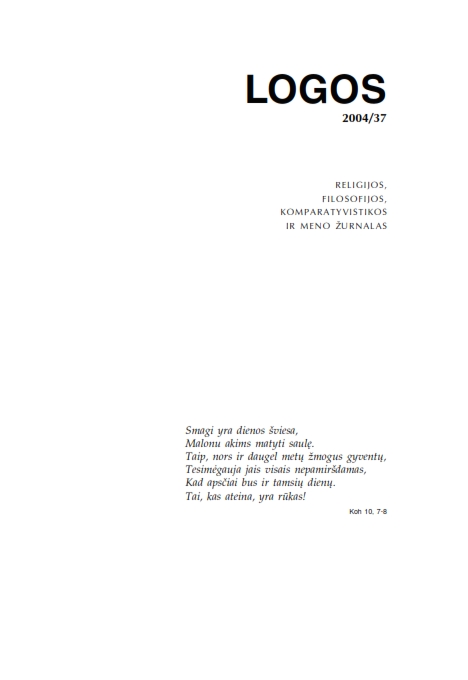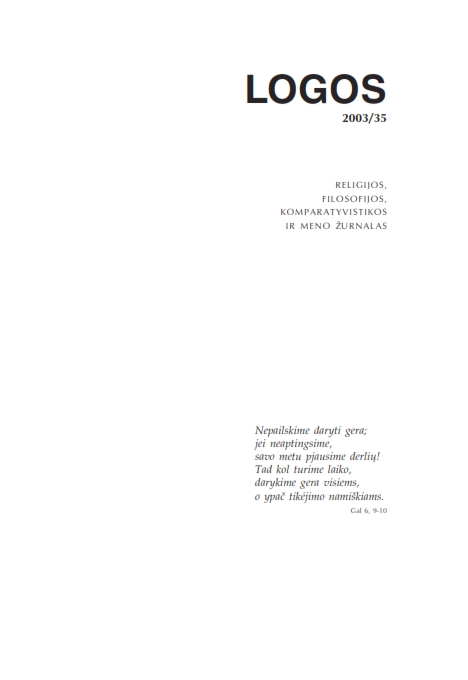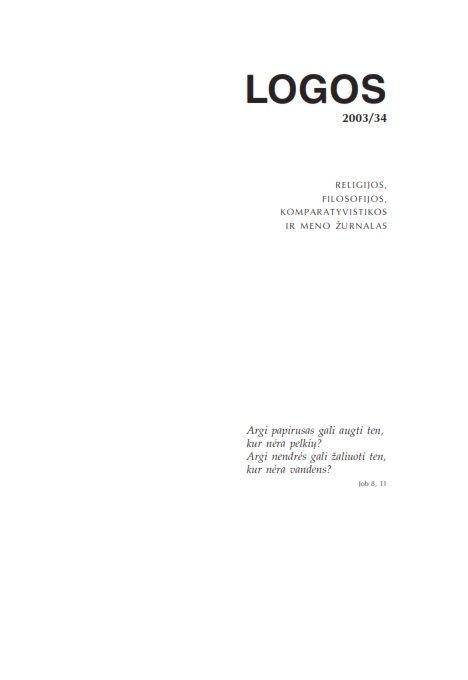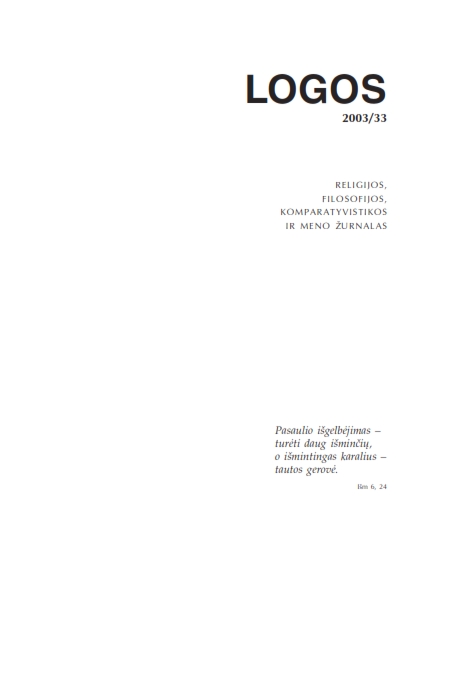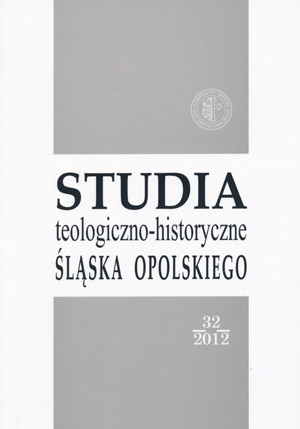
Postulat wspólnego etosu jako warunek pokoju
Man ist sich einig, dass mit dem ersten Weltkrieg die Postmoderne begann. Unter anderem charakterisiert sie der Versuch neue Weltordnung zu schaffen. Aber es kam immer wieder zu Fehlentwicklungen. Diese führten zum zweiten Weltkrieg, hervorbrachten Totalitarismen und heute als Terrorismus die Welt bedrohen. Der Artikel beschäftigt sich mit dem Vorschlag des Tübinger Theologen H. Küng die Weltordnungspolitik ethisch durch einen globalen Ethos zu motivieren. Zuerst ist das Paradigma der Real- und Idealpolitik und ihre Schwächen analysiert, dann die Alternative des globalen Ethos, das auf dem Prinzip der Verantwortung beruht, als ein dritter Weg beschrieben. Im Artikel wird dabei die Anwesenheit der religiösen Momente in der Struktur dieses Projekts hervorgehoben. Es wird die These gestellt, dass eine Ausblendung der religiösen Dimension bei der Formulierung des globalen Ethos zur seiner Destruktion führen muss. Zuletzt wird auf die Renaissance der politischen Theologie und ihre Bedeutung für die heutigen philosophisch-politischen Debatten hingewiesen.
More...
